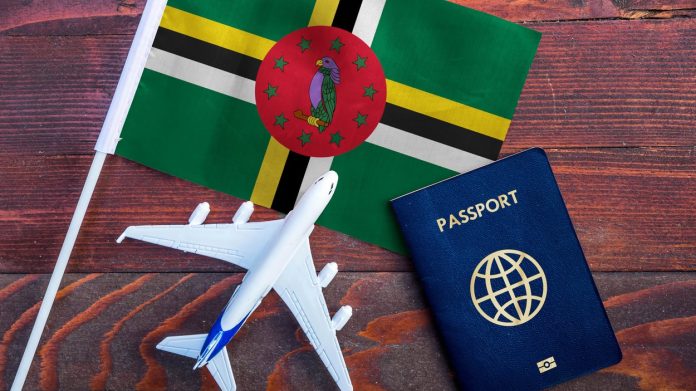A local doctor has offered a blueprint for developing medical and health tourism in Dominica, but there remains no government strategy, promotional body or wider industry interest in the sector.
Dr Emanuel Finn has produced the blueprint, which recommends:
- Dominica is qualified to capitalise on this niche market of health and medical tourism.
- The island must be marketed as a tourism destination for people seeking alternative and holistic health treatment. A local education campaign should also impress upon all Dominicans that they have resources.
- The full development of this niche market is not going to come easy and fast. With proper, long term, focus planning, collaboration, commitment, political will and strong effective (less myopic) leadership, the goals will have far greater chances of succeeding.
- It is imperative that the government works closely with the hotel, non-profit businesses, medical communities, and other groups to devise a carefully planned long-term strategic plan of action.
- Health and medical tourism are not very different to beach, eco or traditional tourism.
- The various government ministries, departments and NGOs including law enforcement, village councils, conservationists and others will have to be a vital part in the planning aspect of this segment of the industry.
- For medical tourism there are inherent ethical rules, codes of conduct and practice guidelines and patterns.
- The medical community and the ministries of health, and others should explore and continue to investigate the medicinal values of the country’s natural resources such as the Sulphur Springs, Boiling Lake, hot springs, waterfalls and tropical rain forests.
- The holistic healing powers of plants and herbs such as ‘bazalick,’ ‘seimeicountrar, (teas)’ ‘tabac zobie’ (jumbie’s tobacco) and others should be continuously promoted.
- Local doctors and health care workers will have to communicate with the patient’s doctors back in their home countries. This can easily be accomplished in real time via Facetime on cell phones.
- Government can use its foreign missions and official representatives to help market health tourism plan. Dominican expatriates with business, marketing, medical, professional backgrounds, and others can work closely with these missions to arrange speaking engagements at rotary clubs, conventions, banquets, and at other high profile and visible functions abroad to lobby and advertise the project.
- Grants from the European Union and other international donor organisations should be requested for a pilot study to jump-start this venture. The grant proposal should clearly outline that the project is a true government, private-public-non-governmental organisation partnership, with a high level of oversight and accountability.
- If modest measurable financial and international publicity goals of health tourism can be achieved in a decade or less, it will mean more money for local people and sustainable development for the economy of our island home.








 ©2024 All rights reserved LaingBuisson
©2024 All rights reserved LaingBuisson 


